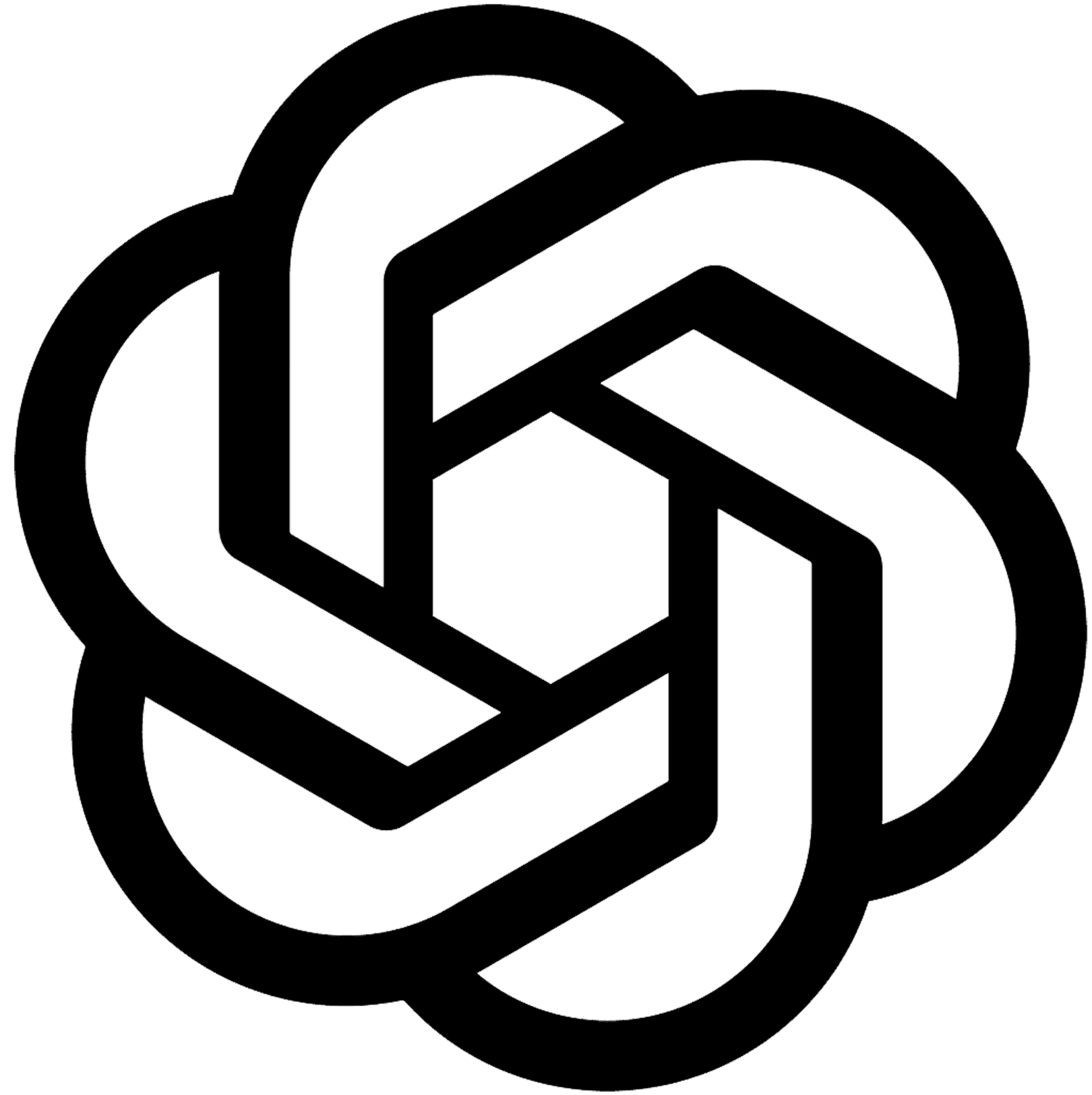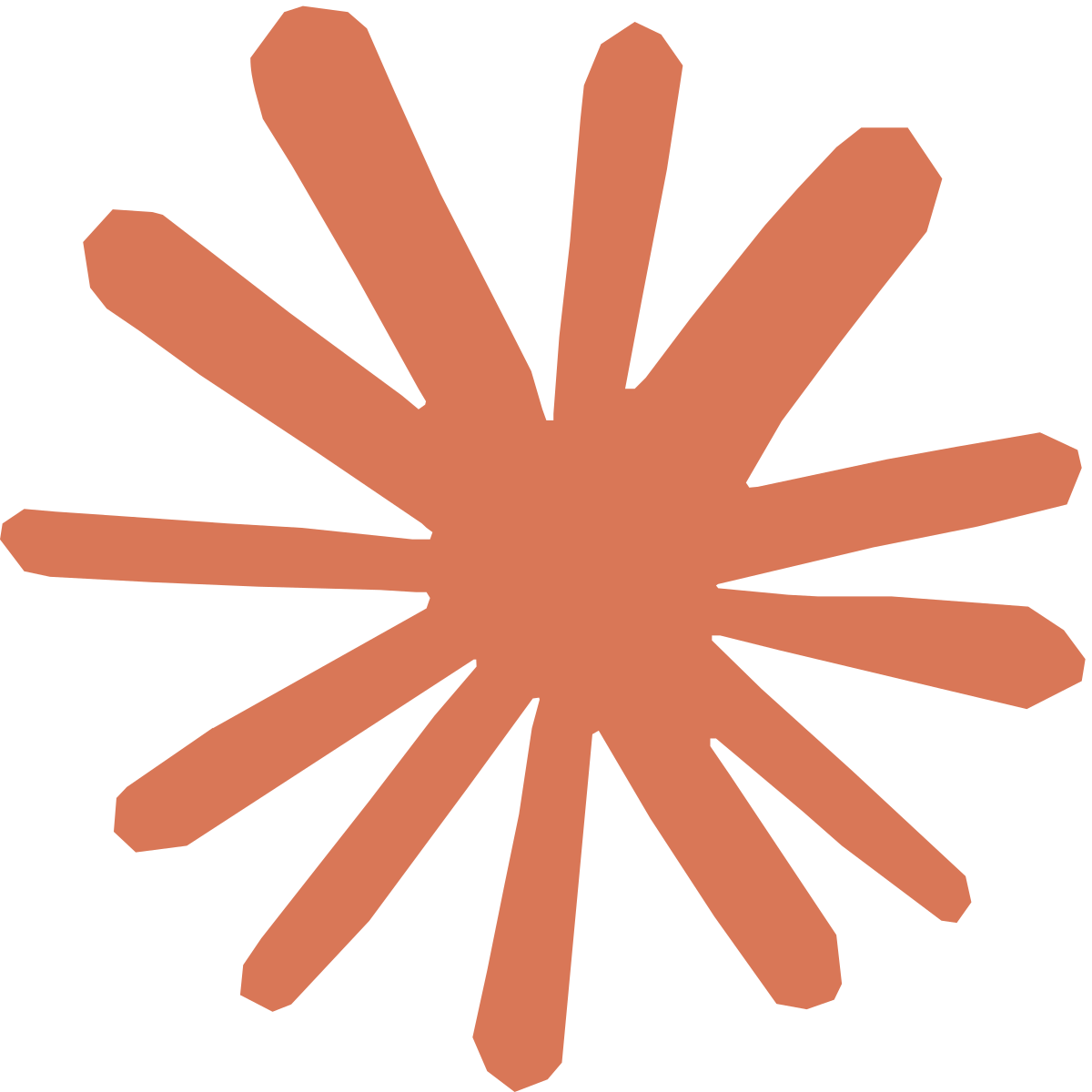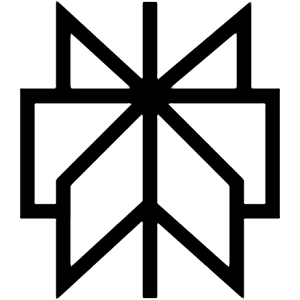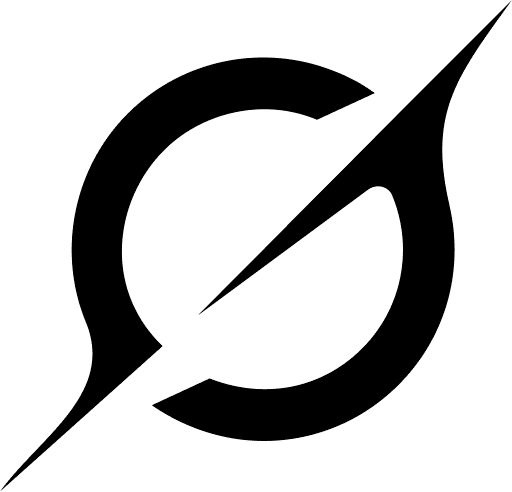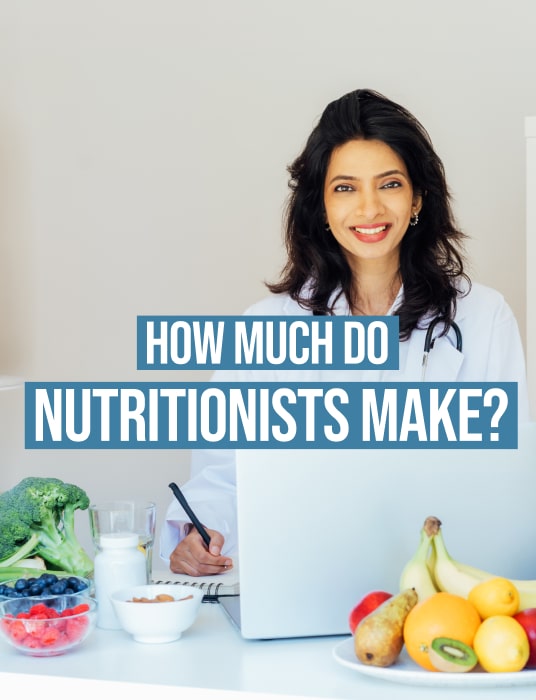Are You Earning Up to Your Potential?
Most personal trainers are undervaluing their time and skills. Our Personal trainer Revenue Calculator helps you find out what you should be making, and how to get there.
No guesswork. Just real numbers.
.jpg)
What is a Calorie?
By definition, a calorie is a unit for the measurement of energy. Nutritionists define it as the energy obtained from food consumption and energy used in physical activities. All packaged food products have calories enlisted under the nutritional information section. Calories aren't as bad as they are claimed to be in the modern world. Instead, they are important for your health only if you consume them in the right quantity.

How many calories do I burn daily, and how do calories work?
The daily calorie requirement for each individual varies and depends on factors like age, size, sex, level of activity, etc. So, if someone asks you how many calories do I burn a day? It is around 1800 calories, that too without doing anything. According to experts, teenagers and adults require 1500 to 2500 calories daily.
Bigger body sizes require higher amounts of calories than those with small body sizes. So, to gain weight, you must consume more calories, and for reduction, you must cut down your calorie intake by exercising or indulging in physical activities.
Metabolism is the process by which your body converts what you eat and drink into energy. During this complex process, calories in food and beverages are combined with oxygen to release the energy your body needs to function.

💪 Got an idea for a brand? Let's bring it to life.
Launch your own fitness app with FitBudd in minutes!

💪 Got your brand name? Let’s bring it to life.
Launch your own fitness app with FitBudd in minutes!


88% trainers worldwide gave us 5 stars
Transform your fitness business with the power of your branded app on iOS and Android.
Try for FREEHow to count calories?
Approximately 3500 calories are equivalent to 1 pound of fat. So, to lose 1-pound fat, you must burn at least 3500 calories on average. If you follow a healthy diet plan, you can easily reduce your calorie intake by 500 calories, meaning that you can easily shed 1-pound weight in a week.
In addition, it's observed that as your weight reduces, even your daily calorie requirement decreases.
How are physical activities linked to calories?
If you're wondering how many calories do you burn in a day? It depends upon the level of physical activity you perform daily. For example, you're burning calories if you consistently walk, run, and move heavy objects from one place to another since a calorie is nothing but the measuring unit of energy.
If you practice resistance training to build muscle mass, you are likely to increase your metabolism, i.e., your body can burn down calories more quickly. Therefore, focusing on building more muscle can help you lose weight and achieve the ideal body weight.

How to calculate calories in food?
To check your calorie intake, you must check the calorie information of the food you consume. Most market-bought foods have nutritional information stated on their label, and many people now use nutrition coaching software to track calories, macros, and daily food intake more accurately.
This information about calorie content is given in kcals, the abbreviation of kilocalories (kilocalories is the same as calorie), or kJ, which is the abbreviation for kilojoules.
If you've always wondered how are calories measured, it's the metric way of counting calories. So, if you want to find the energy content in kilojoules, then multiply the calorie amount by 4.2.
Empty calories
Foods that provide energy but minimal nutritional value are food with empty calories. Such foods have no amino acids, dietary fiber, vitamins, minerals, or antioxidants. Only two categories of foods are said to have empty calories, which are:
- Added sugars: Sweeteners or sugar added to most processed food items offer empty calories. Such foods and beverages are high in calorie content but are nutritionally empty. The most common kinds of added sugars are fructose corn syrup and sucrose.
- Solid fats: These are naturally present in many unprocessed food items and, at times, added to processed foods. One such example of solid fat is butter.
Though foods with empty calories, such as added sugars and butter, are known to increase the taste of foods, experts often link them to weight gain and obesity, leading to other long-term health complications.
Hence, experts suggest consuming these in small amounts or avoiding them if you want to lose or maintain healthy body weight.
Common sources of foods and beverages that are high in empty calorie content:

While the above food categories are highly tempting, and we love to indulge in these foods often, the fact is, they're unhealthy and can lead to serious health problems if consumed in large quantities.
Sugary drinks are known to be the largest source of empty calories among people these days. The fast food culture is the leading reason for growing obesity among people. Grabbing a hot dog from a takeaway counter has become an easier lunch option than cooking something healthy at home. However, this eating style has largely affected the health of people. Therefore, it's best to have these items occasionally (once a week/month), especially when trying to shed weight.
The right time to eat
Your focus should not only be on what you should eat but also on when you should eat, as it also greatly affects how your body uses calories. Most nutritionists and health experts favor eating a large breakfast with healthy food items. A proper combination of proteins, vitamins, and minerals is needed to start your day with energy and take you through the rest of the day.
You can easily consume around 700 calories for breakfast if you want to lose weight. Your lunch and dinner can be smaller meals, but a heavy breakfast helps you to increase your metabolism, reduce weight, and keep you healthy.

Takeaway
Though interconnected with weight and obesity, calories are essential for human health. However, they can pose a serious health risk if consumed higher/lower than the required amount. So, be mindful of how many calories you're consuming and lead a healthy lifestyle.
Also, while losing weight, you should consider both aspects - reducing your calorie intake and indulging in physical exercise. Experts suggest a high-intensity workout regime if you have to lose a lot of weight.
Frequently Asked Questions

Meal Planner Template
Take control of your nutrition with our easy-to-use meal planner template, designed to simplify healthy eating.
Download Now
Templates
These functional templates have the power to make any fitness trainer's life easier.
Subscribe To
Our Blog











